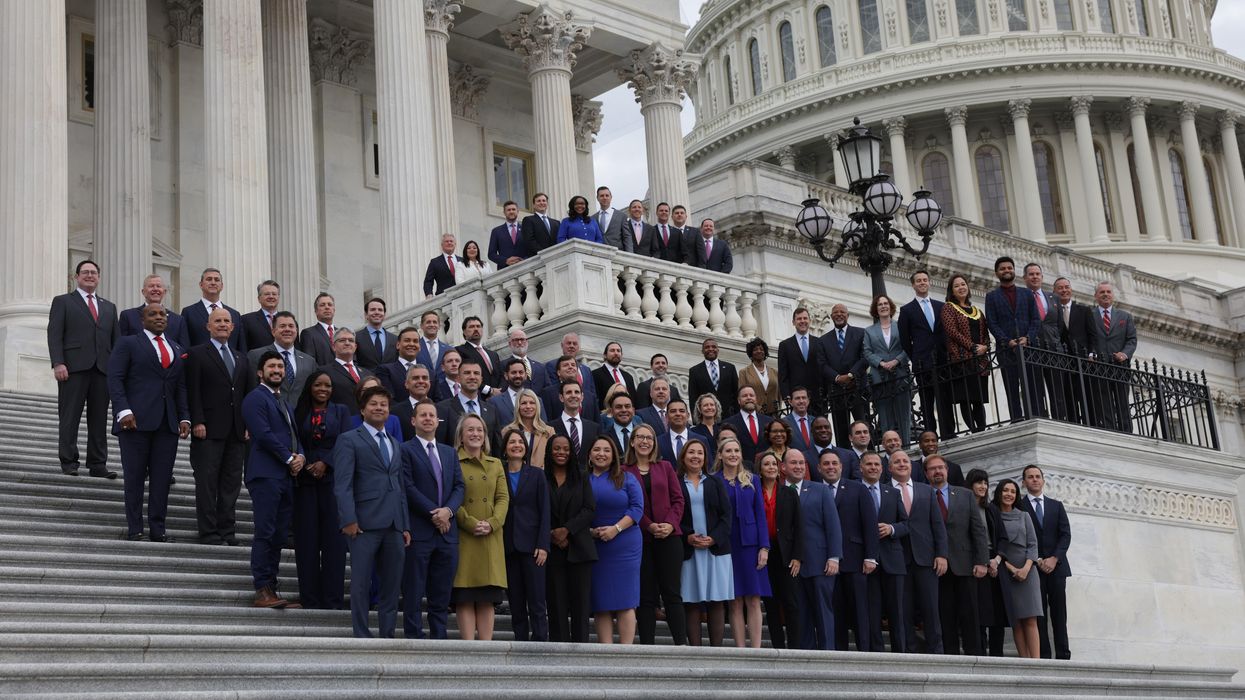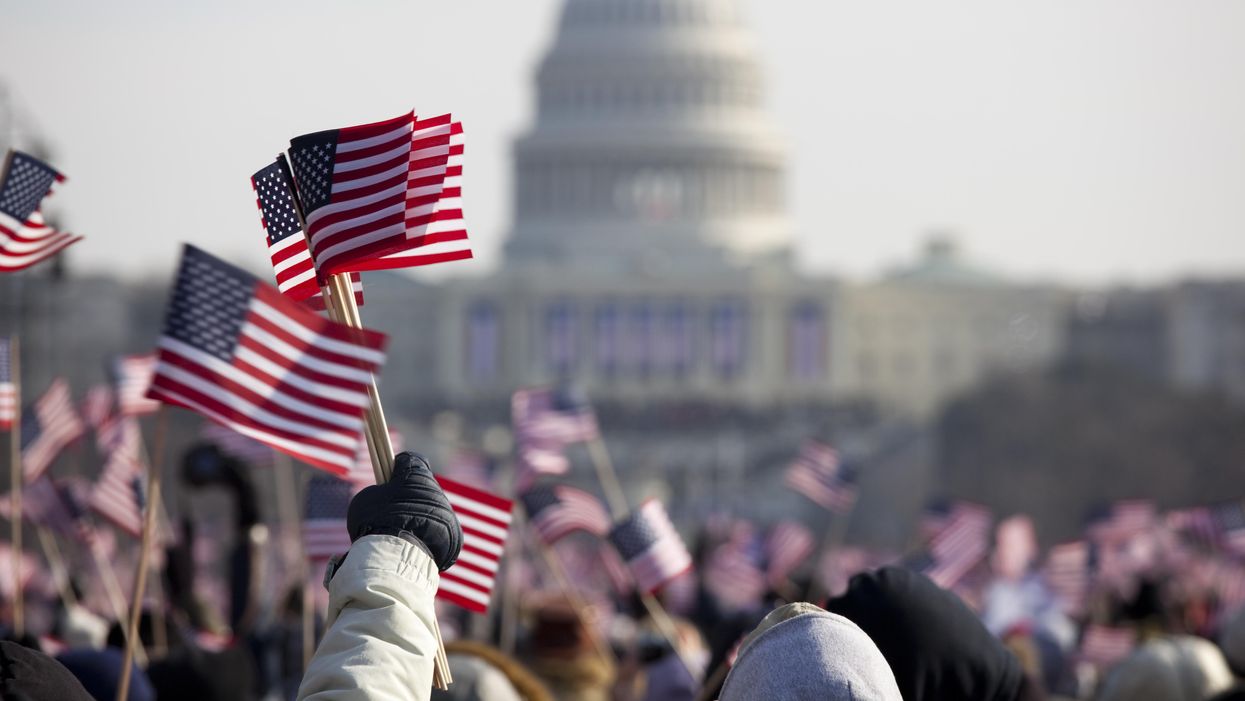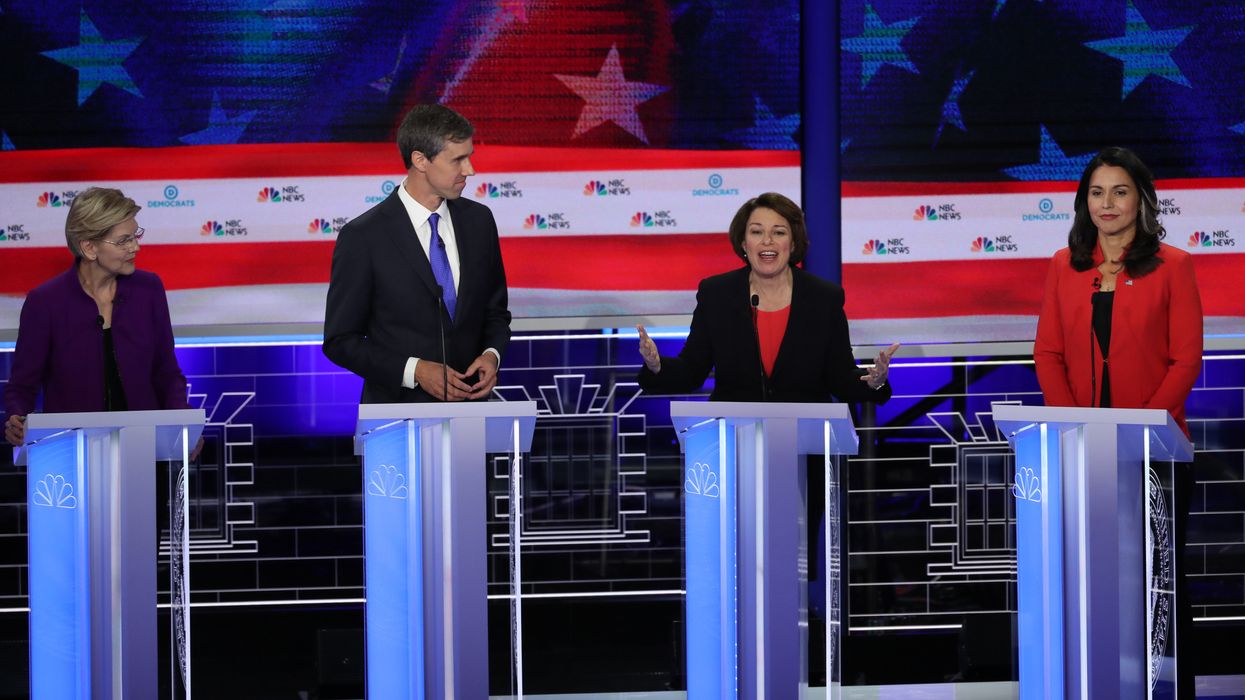Site Navigation
Search
Latest Stories
Join a growing community committed to civic renewal.
Subscribe to The Fulcrum and be part of the conversation.
Michael V. Murphy
Michael V. Murphy is Director of FixUS, which engages a nationwide network of Americans and societal leaders to better understand and address the root causes of our nation’s growing divisions and deteriorating political system. He is also Chief of Staff for the Committee for a Responsible Federal Budget, where he leads the organization in advancing its mission of educating the public and policymakers on issues with a significant fiscal policy impact.
load more



